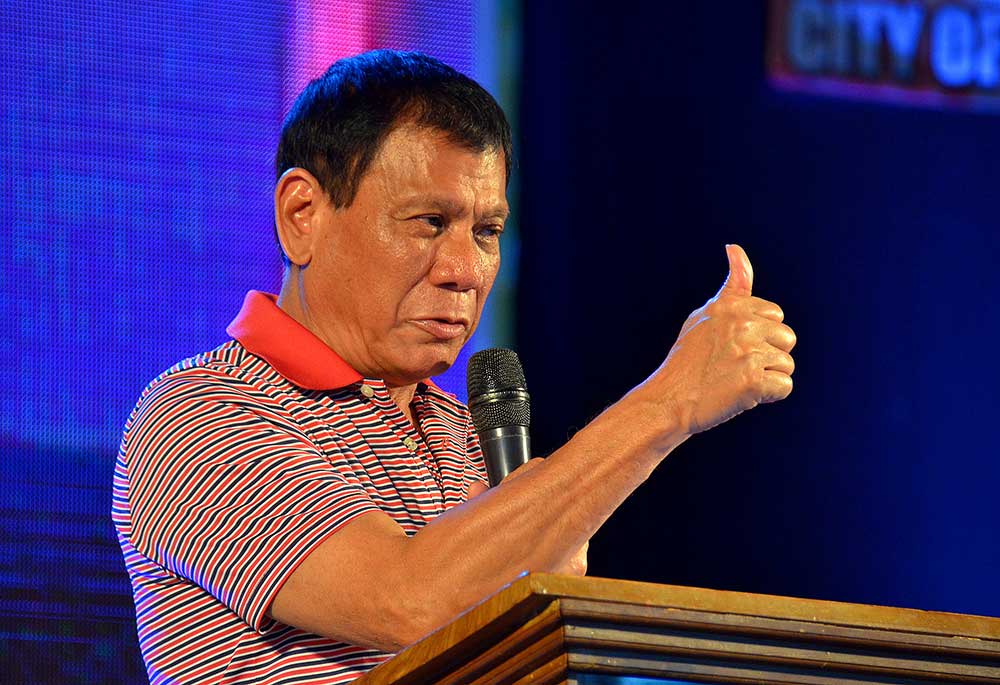This material belongs to: ABS-CBN News.
MANILA (UPDATE) – President Rodrigo Duterte has signed an executive order creating the Presidential Anti-Corruption Commission in a bid to rid government of corrupt public officials.
“There is a need to create a separate commission under the Office of the President solely dedicated to providing assistance to the President in the investigation and hearing of administrative cases and complaints, and in the conduct of lifestyle checks and/or fact-finding inquiries concerning presidential appointees and other public officers allegedly involved in graft and corrupt practices,” Duterte’s executive order read.
The commission was created a week after Duterte vowed to form a body that would investigate alleged corruption at the Office of the Ombudsman, an independent agency primarily tasked to investigate corruption allegations against public officials.
The President himself is facing an Ombudsman investigation into his and his family’s wealth.
Executive Secretary Salvador Medialdea said the President, having appointing powers, is not barred from conducting lifestyle checks on his appointees but “will not usurp the power to discipline certain independent constitutional officers such as the Ombudsman and judicial officials.”
Under EO No. 43, the commission shall directly assist the President in investigating and/or hearing administrative cases primarily involving graft and corruption cases against all presidential appointees.
The commission shall be composed of a chairman and four commissioners to be appointed by the President.
Majority of the members of the commission must be lawyers who have been in practice for at least 5 years.
The EO states that the commission shall “have the power, on complaint or motu proprio (on its own), concurrently with the Office of the Ombudsman, to hear, investigate, receive, gather, and evaluate evidence, intelligence reports, and information in administrative cases against all presidential appointees in the executive branch occupying the position of assistant regional director or an equivalent rank and higher.”
The commission may also, upon the President’s instructions, investigate appointees in the Armed Forces of the Philippines and the Philippine National Police.
It may also conduct lifestyle checks and fact-finding inquiries on acts or omissions of presidential appointees, including those outside the executive branch, on the President’s orders.
“On the basis of of such fact-finding inquiries, the commission shall submit its report and recommended courses of action to the President,” the EO said.
The commission also has the power to tap law enforcement agencies and make recommendations to place witnesses under the justice department’s Witness Protection Program.
The commission may also recommend to the President the preventive suspension of an official upon the filing of a complaint or charge.
The EO prohibits the disclosure of records or information in connection with any investigation “when such disclosure will deprive the respondent of his/her right to a fair and impartial investigation of the case.”
In 2010, then President Benigno Aquino III abolished a similar commission, called the Presidential Anti-Graft Commission, and transferred its functions to the Office of the Deputy Executive Secretary for Legal Affairs.
Duterte won the elections on a platform of eradicating corruption in government. He has since fired some of his appointees accused of committing corrupt practices.


